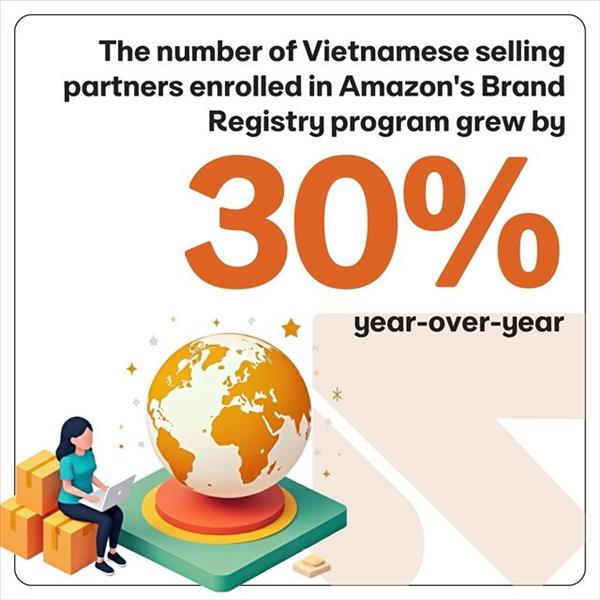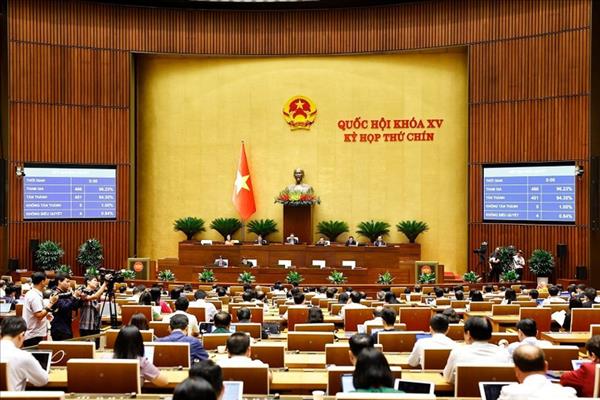The index seeks to measure the capacity of 20 economies – 19 in Asia along with the US – to participate in the international trading system in a manner that supports the long-term domestic and global goals of economic growth, environmental protection, and strengthened social capital.
The index includes 24 indicators, grouped in economic, social and environmental pillars, that together measure whether a country is engaged in sustainable trade.
According to the report, Vietnam’s sustainable trade index ranks ninth in the list of 19 Asian economies plus the US, up two points in comparison with 2016’s result and up six points in index performance relative to the gross domestic product (GDP) per head, which is currently ranked 15th.
For the economic pillar, the Vietnam’s index has improved, especially on reducing non-tariff barriers and attracting foreign investment. In addition, Vietnam has achieved a high level of market openness, reflecting the openness of trade and cross-border trade.
Stephen Olson, research fellow from the Hinrich Foundation, said that Vietnam was a country with a solid track record of moving towards sustainable trade. In the economic sphere, along with impressive GDP growth, Vietnam was also very open to trade. The signing of the CPTPP was a demonstration of Vietnam’s commitment to trade liberalisation, he stated.
In terms of the social pillar, Vietnam has risen to eighth, higher than middle income countries such as China, Thailand and Malaysia, thanks to efforts curbing inequality and improving labour standards.
However, on the environment pillar, Vietnam has decreased by 10.4 points and 5 places compared to 2016, due to high rates of deforestation.
The Hinrich Foundation suggested that Vietnam needed to overcome basic weaknesses such as reducing trade costs related to infrastructure, logistics and other costs from the legal and management system; reduce the risks of trade payments, and reduce the rate of deforestation and pollution of water resources due to commercial production and corruption.
The report was developed by the non-profit foundation Hinrich Foundation and British research and analysis firm The Economist Intelligence Unit in cooperation with the Vietnam Chamber of Commerce and Industry (VCCI).
It was first published in 2016 and this year marks the second edition.
VNA/VNP

















